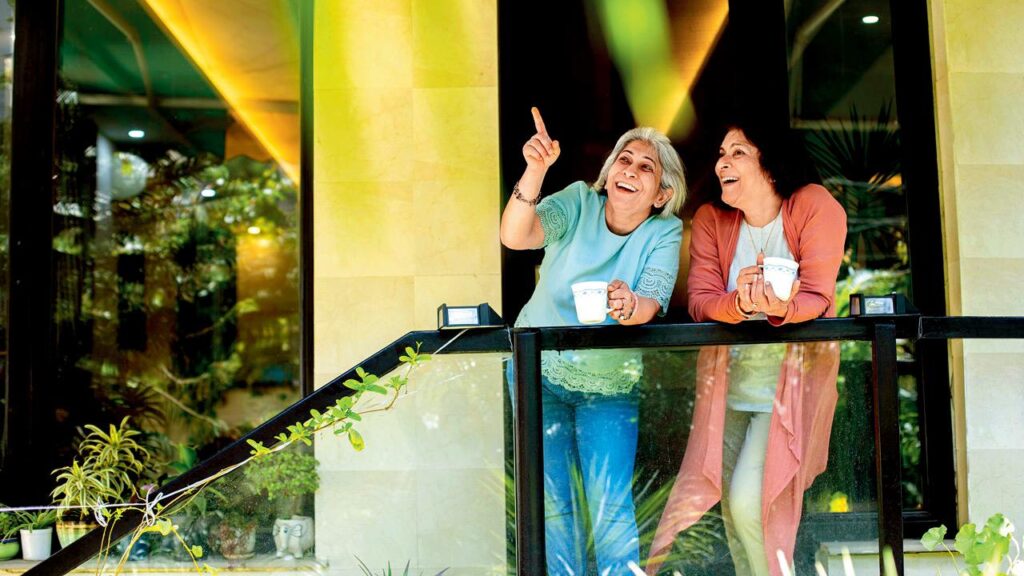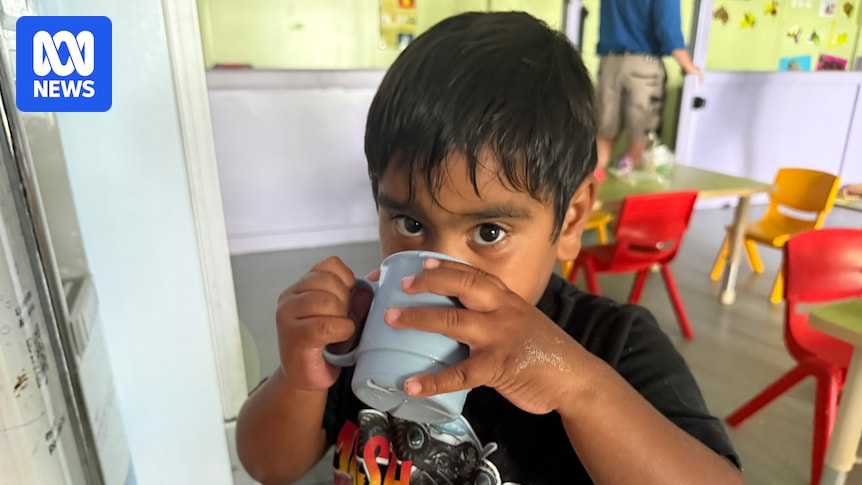
After generations of enduring menopause in silence, women are now breaking the stigma and helping each other navigate this significant life change through both online and offline communities. This movement marks a pivotal shift in how menopause is perceived and addressed, offering a support system where empathy and understanding are at the forefront.
The conversation around menopause is gaining momentum, thanks in part to social media. A few years ago, writer and podcaster Kiran Manral sparked a discussion with a simple tweet: “Women over 45, how difficult or easy has menopause been for you? #SeriousQuestion.” The responses have been overwhelming, revealing the silent struggles many women face and the societal expectations to endure them quietly.
The Power of Shared Experiences
Author Aparna Karthikeyan, who responded to Manral’s tweet, highlighted the relief found in shared experiences. “It really helped that I spoke to my women friends, all of us around the same age range, and we found that our bodies are doing this to all of us,” she shared. This sense of validation is crucial, as it reassures women that their experiences are real and shared by many.
Kiran Manral emphasized the importance of breaking the silence around women’s issues, noting, “We’ve had this omerta about women’s issues for so long; our grandmothers and mothers went through it silently, and we are the first generation that’s talking about it.”
Workplace Recognition and Support
The recognition of menopause as a valid medical condition is slowly gaining traction, but there is still a long way to go in terms of workplace support. Dr. Sukhpreet Patel, a women’s health advocate and founder of MenopauseWize, stresses the importance of acknowledgment. “Simply validating that these are real, significant challenges women face can have a profound impact,” she explains.
“A workplace that listens and acknowledges their struggles without judgment can provide a tremendous sense of relief and legitimacy,” Dr. Patel asserts.
Dr. Patel advocates for responsive actions from organizations, such as adjusting schedules for women struggling with disrupted sleep or providing comfortable uniforms to ease discomfort. These accommodations can significantly improve a woman’s ability to function at her best during menopause.
Community Initiatives and Cultural Perspectives
Swathi Kulkarni, co-founder and CEO of Elda Health, highlights the role of community in addressing menopause. Elda Health emerged from a WhatsApp group of perimenopausal women, which grew to include doctors and other professionals. Kulkarni points out that cultural perceptions of aging can influence the severity of menopause symptoms. In cultures where aging is associated with wisdom, women report fewer symptoms compared to cultures that emphasize youth and fertility.
Rachel Kurien, who founded the WhatsApp group Menopausal Mates, echoes the importance of peer support. The group provides a safe space for women to share experiences, seek help, and find solace in knowing they are not alone.
Challenges and Opportunities for Change
Despite the progress, there is still much work to be done in translating talk into action. Dr. Patel notes that while awareness sessions and educational materials are a start, they are insufficient. “What women need is proactive, embedded support with thoughtful policies, trained managers, and meaningful accommodations,” she says.
Aparna Karthikeyan reflects on the personal impact of menopause, describing it as a period of both professional success and personal struggle. She emphasizes the need for societal change in attitudes toward menopausal women, advocating for greater sensitivity and understanding in both family and workplace settings.
Looking Ahead: Building a Supportive Future
The movement to support women through menopause is gaining momentum, but it requires continued effort and commitment from individuals, communities, and organizations. As more women share their experiences and advocate for change, the hope is that menopause will be recognized not just as a medical condition, but as a natural transition deserving of empathy and support.
For those seeking support, resources such as Elda Health and MenopauseWize offer platforms for discussion and education. These initiatives represent a growing recognition of the need for comprehensive support systems that empower women to navigate menopause with dignity and confidence.







